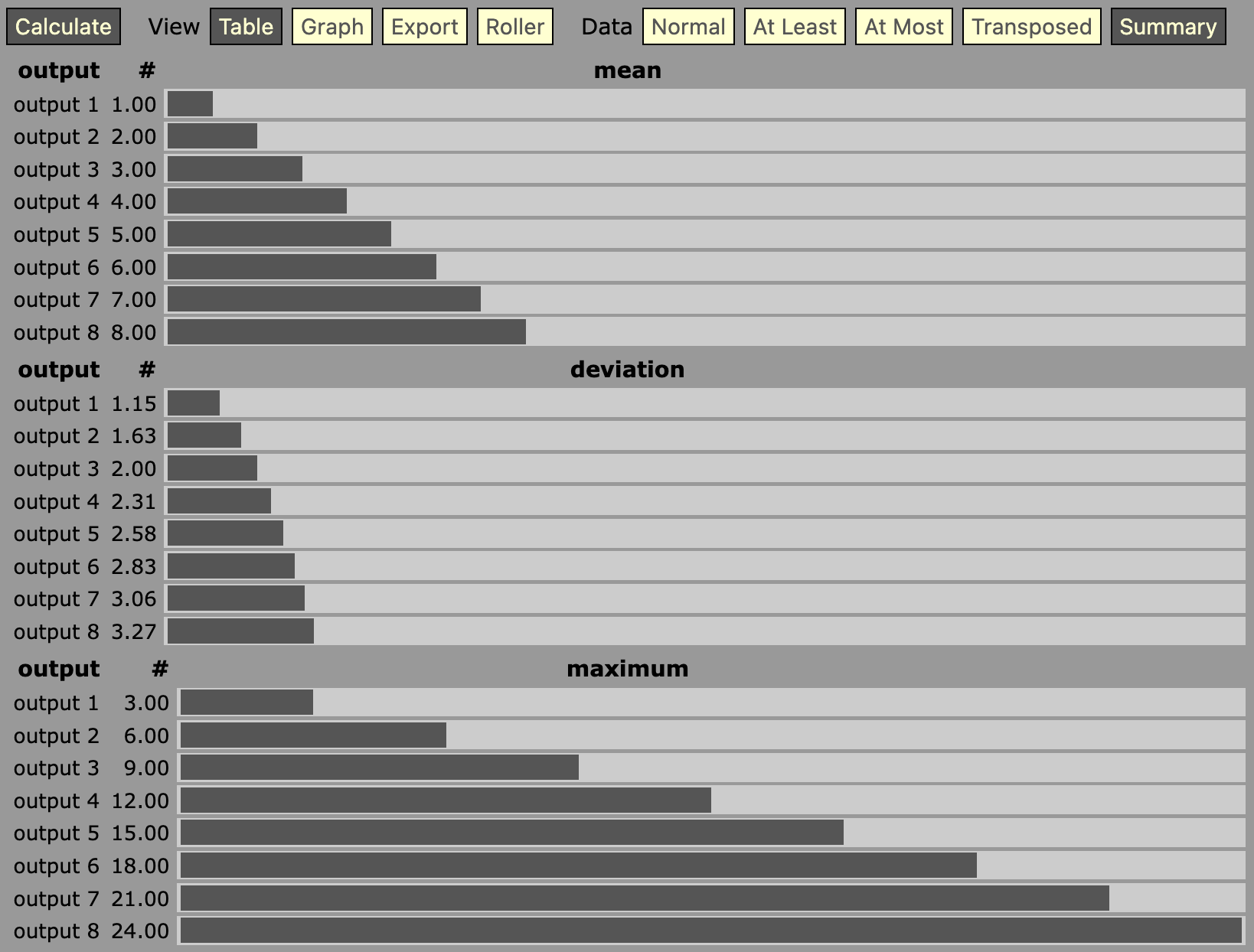METTLE Core FAQ
This is the Frequently Asked Questions (FAQ) for METTLE Core. Asking a question somewhere (i.e. Bluesky, Discord, or Facebook) practically ensures it will end up here as well.
Why did you use such a weird dice pool? Is it just different for the sake of being different?
METTLE Dice were a reaction to playing and loving all sorts of regular dice pool games and becoming frustrated at their weaknesses. That said, I use them because they address those problems directly and give more pleasing results.
-
It makes it possible to Check one Attribute against a foe’s Attribute as the difficulty, directly. Standard dice pools resort to having both sides roll, calculating derived attributes, halving the foe’s defensive Attribute, or other tricks in order to have a chance of success, none of which ever felt satisfying to me.
-
Each Die Adds an average result of 1 to the Score, making it easier to gauge probability. I go further into this further below in the FAQ.
-
Counting the Score is fast as you only need to add up 1s, 2s, and 3s.
-
There is no need to calculate a margin of success - the Edge tells you that right away.
-
With Twists, a wide variety of outcomes without resorting to specially printed custom dice. You can use regular six-sided dice, or blank out the 4-6 faces for an easier read.
In terms of difficulty it lies between a standard White Wolf dice pool and the special “funky dice” used by Fantasy Flight games.
What Inspired this Die Method?
The first time I used this sort of dice mechanism was back in 1991-1992, playing the first version of MUTANANNY (then ROACH), a post-apocalyptic game I ran for my high school and scouting buddies. At one point I was using a system where a d6 roll of 1 counted as zero, 2-5 counted as 1, and a 6 counted as 2. What I wanted was to have a result that averaged out at zero so I could contest Attributes against each other directly without having to make derived attributes or use contested rolls like other dice pool systems at the time, i.e. white wolf.
This die method got a lot of pushback from the players, because it was no longer intuitive what the d6 results meant. One of them told me bluntly they didn’t like being told that a one was actually a zero or that a six was actually a two. It was my system or their lying eyes. This took me aback because of how dumb I was being. From then on it was reading the dice directly, but ignoring 4-6s which also conveniently worked out to an average of 1 per die. The idea of Edge did not occur to me until later.
When Did It Enter Actual Games Discourse?
This was probably first written about in RISUS a long time ago, as the “Demi-dice” option for static cliches. They did not use the 4-6 dice for anything however. For the timeline, it is hard to work out when this was. Out of respect for RISUS, which is great, I am going to assume it is the first publicized incidence. Until anyone shows otherwise.
As far as when I first wrote about it, this traces back pretty far to (2015 and 2016 on RPG.net back when you were allowed to argue about game mechanics on the game design section. Believe it or not, what is now nearly a silent desert was once a thriving little ecosystem of horrible nerds.
They did bring up a fair criticism that the modal value of the dice was a little odd at lower dice pools (<5), but this is also a reason I avoid using die penalties and raise Difficulty instead.
Since then I have seen a few people or groups come up with it apparently on their own. Like a lot of ideas there is a sort of convergent evolution where multiple disconnected people come to the same conclusion.
And yes, I saw the 2019 blog post where Ben Milton comes up with it and starts calling them Milton dice. Who really owns such an idea, really? Hopefully not the first person to slap their name on it.
What about the Probabilities on METTLE dice?
The central conceit here is that the average score on any die is 1, ranging from 0 to 3. You can check this yourself: adding the Scoring faces and dividing by the total faces gives us:
(1+2+3) / 6 = 1
It’s a pretty minor feat in Anydice to check this:


Mean/average is always the same as the number of dice, deviation increases reliably with dice, and the maximum is always 3x the pool. Really a lot of desirable behavior. The figure below has the percentage chances in the vertical (y) axis and the range of scores on the horizontal (x) axis, with each line being a different number of dice in the pool. It gives the % chances of scoring at least that amount, so zero is always 100%, and so on:
What about genres other than pulp adventure?
I feel like pulp adventure is a good heart for the type of games I like to play. I do plan on putting out a post-apocalyptic and a Persona/Jojo style game later. Anyone who wants to can put out their own games in METTLE Core though, it’s CC-by. I’ll even add a section on this site talking up your games when that happens.
I want weird abilities in my game, but METTLE Core doesn’t have them.
It sure doesn’t. If you want weird abilities like magic, the obvious method is to add an Attribute(s) to cover those. For example a pool of 5 in “Magic” would grant 5 Spells, or however you want to do it. You already know I can’t stop you! You could also just treat them like equipment but that is a matter of taste and setting.